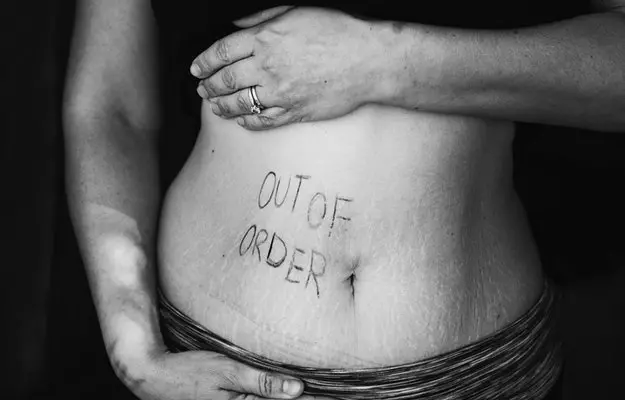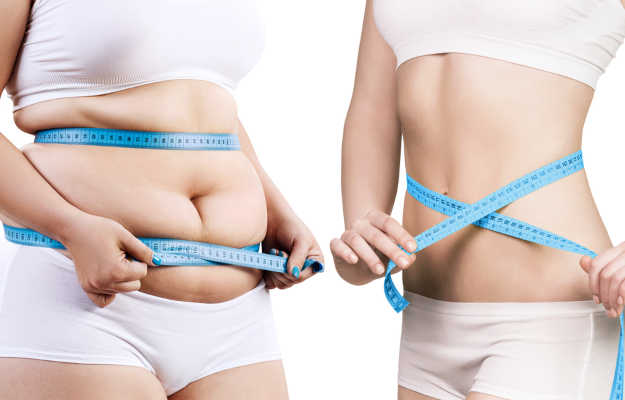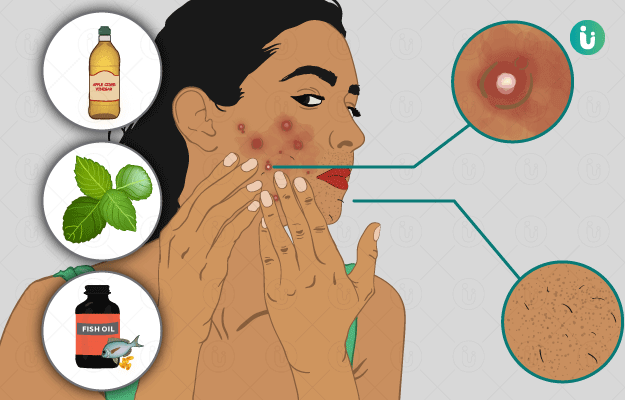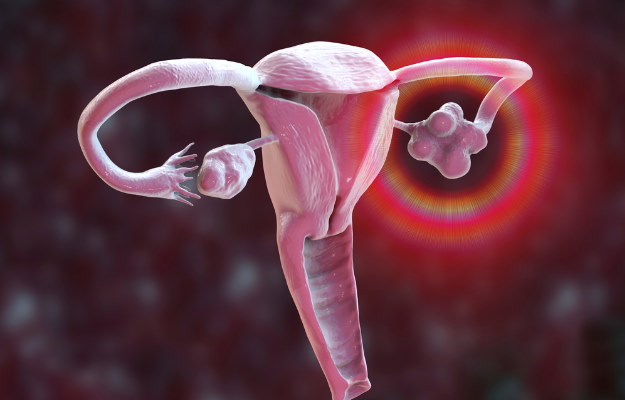Polycystic ovarian syndrome (PCOS) is a common hormonal disorder among women in their reproductive years (usually 15-49 years). PCOS is associated with an imbalance in the level of androgens (male hormones), irregular periods and the presence of up to 12 immature follicles in one or both ovaries.
Signs and symptoms of PCOS include obesity, adult acne, amenorrhea (cessation of periods), PCOS-linked excessive hair growth, PCOS-linked sleep apnea and infertility (read more: Can I still get pregnant if I have PCOS?). Among people living with PCOS, another consistent complaint is bloating.
Bloating is a symptom that is associated with several other health conditions like hypothyroidism and pregnancy. Women can experience bloating even during menses. There is no direct treatment for bloating yet. However, it can be managed by addressing the underlying cause of bloating. Read on to know more:





























